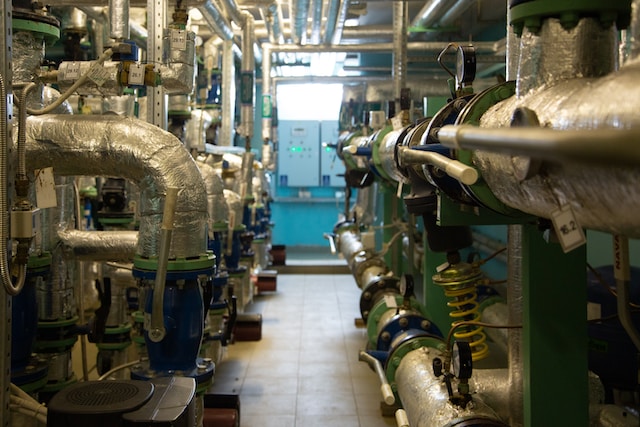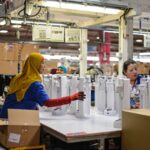
The Role of GMP Manufacturing Technicians
GMP manufacturing technicians are responsible for operating cGMP equipment to prepare clinical products. They also work with quality assurance personnel to deliver high-quality products and ensure accurate documentation.
They follow strict internal protocols, cGMP guidelines, and additional company regulations. They are also proficient in a variety of tools and production equipment.
Performing Daily PMs and Quality Monitor Responses
As GMP manufacturing technicians, you troubleshoot equipment and process problems to minimize production downtime. You work with the lead operator in your department and report to the supervisor. Your responsibilities include operating general production equipment and completing relevant paperwork following GDP/GMP guidelines. You may also be responsible for moving pallets of Flexbumin between rooms within the value stream.
GMP manufacturers must follow various standards and regulations to produce drug products that meet customer specifications and FDA regulatory requirements. Production processes are kept on track, and contamination, deviations, complaints, and recalls are reduced through solid quality management systems and robust operating procedures.
As a part of daily operations, you perform sanitization in the process areas and empty waste receptacles hourly. You also organize and requisition general sanitization supplies and maintain good documentation practices in electronic notebooks and equipment logbooks. You also collaborate with process development scientists to draft new quality SOPs and support investigations when significant deviations occur.
Maintaining High-Tech Equipment and Machinery
Observing strict standards throughout the entire production process allows companies to meet regulatory inspections and pass product testing. It also helps increase consumer confidence and brand reputation. Companies that follow GMP guidelines often see an improvement in their bottom line as they avoid costly recalls and save on product loss and downtime.
GMP regulations, or CGMP, are set by each manufacturer’s national government. They include a series of guidelines for facilities, equipment, procedures, recordkeeping, personnel, and operations. These requirements ensure that drug products are safe and effective for market distribution.
Cleaning and sanitation are essential for a cleanroom environment where scientists develop Active Pharmaceutical Ingredients (API). Keeping high-tech machinery in good working condition helps minimize the risk of contamination. It includes ensuring that all equipment is calibrated correctly, cleaned, and maintained and that records are accurate. Technicians must perform daily PMs, preventative maintenance, and rework processes to keep equipment functioning correctly. They must also monitor and document the results of these efforts to prevent non-standard events.
Collaborating with Process Development Scientists
Throughout the manufacturing process, there are many opportunities for errors that could affect the safety and quality of the final product. For example, if the starting materials aren’t clean or adequately stored if the equipment isn’t properly calibrated and maintained, or if the finished product doesn’t receive a thorough quality check before shipping, the consequences could be deadly for consumers.
GMP regulations are designed to prevent such tragedies by creating rigorous standards that all parties must follow. A company that strictly adheres to these guidelines can build consumer trust and increase brand loyalty. Conversely, a company that doesn’t comply with these requirements will face severe repercussions and possible recalls. That is why it’s so important to have a well-trained GMP team to ensure that all production processes are upheld under industry regulations.
Performing Routine Operations
Performing daily inspections and maintenance is crucial to prevent significant problems down the road. If technicians keep a close eye on equipment and assets, they can detect issues before they become more significant problems that require costly reactive maintenance. It may look as simple as ensuring light bulbs are working correctly.
A GMP manufacturing technician may work in various company areas, including manufacturing, packaging, and inventory distribution. They also assist research scientists and quality assurance in the development, scale-up, and improvement of clinical formulations and supplies.
These technicians spend little time at a desk and are on their feet for most of the day. They also operate and monitor high-technology machinery in a cleanroom environment, which requires personal protective gear to ensure minimal risk to their health and the integrity of the product they are producing.




